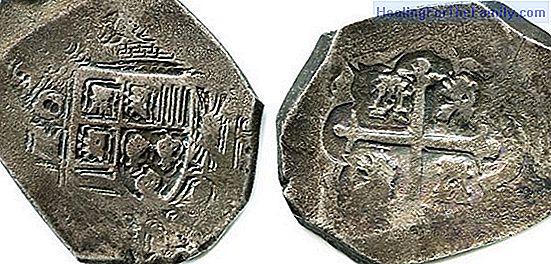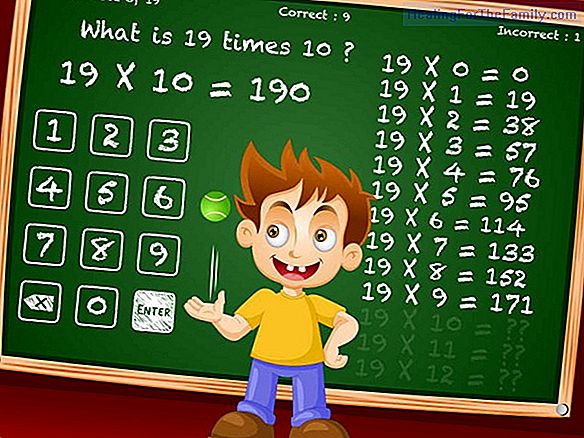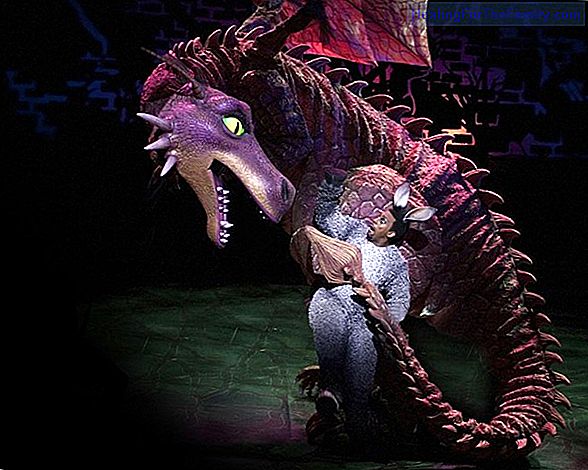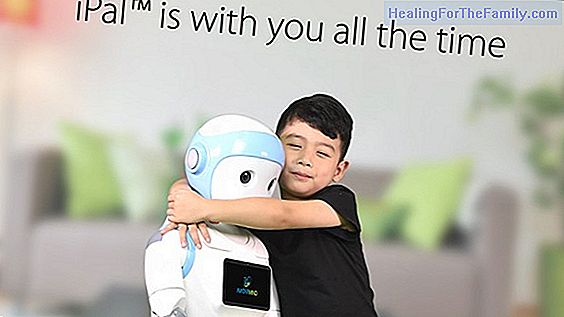How encephalitis affects children
In Medicine, there is talk of encephalitis when there is inflammation in the central nervous system , that is, and simplifying the terms a little, in the brain. This is not exactly the case, since the central nervous system includes other organs, but this is of little relevance outside the medical w
In Medicine, there is talk of encephalitis when there is inflammation in the central nervous system, that is, and simplifying the terms a little, in the brain. This is not exactly the case, since the central nervous system includes other organs, but this is of little relevance outside the medical world. Depending on whether it also affects the meninges or the spinal cord, it can also be called meningoencephalitis or encephalomyelitis.
How to detect an encephalitis in children

The case is that encephalitis is a serious condition, luckily rare, and can have several causes, being the infectious origin the most usual.
Neurological symptoms are those that predominate in the clinical picture, and those that should make the pediatrician suspect the diagnosis. All of them are derived from an alteration of the cerebral functions, in such a way that they can appear:
- The main and common symptom in almost all encephalitis is the alteration in the level of consciousness of the child, who will be drowsy and with poor response to various stimuli.
- Alterations of behavior.
- Alterations in the gait or movement of the limbs.
- Sensitivity alteration or tingling sensation.- Convulsions ...
The onset of symptoms can be acute, in a very short period of time, even a matter of hours, or subacute, more insidiously, over days, weeks or months. The association with fever should make the doctor suspect an infectious origin.
Causes of encephalitis in children
Viruses are the most frequent cause of encephalitis
, especially enteroviruses, which have lately become fashionable due to an aggregation of cases in children, which began in February 2016 in Catalonia (Spain) . These are cases of rhombencephalitis, which have been well studied and identified, and have mainly affected the walking pattern. Luckily, most cases have been mild and there is no cause for alarm today.Other viruses, such as herpes, are frequent cause of encephalitis , and also other microorganisms, such astuberculosis .Among the non-infectious causes, even more rare, include
metabolic, rheumatological and autoimmune diseases, and tumors , which unfortunately also exist in children.The most important thing in encephalitis is that the diagnostic suspicion is early, and look for the cause of brain inflammation from the start. It is a priority because,
depending on the origin of the encephalitis, the treatment will be different : antivirals, antibiotics, corticosteroids, etc ... There are many options, although there are also cases in which there are no options, and we can only wait for a spontaneous resolution . And other times, despite being sad and frustrating, children die of encephalitis.How to prevent encephalitis in childhood
Although there are many causes,
in some cases we have preventive vaccines . Such is the case of measles or rubella encephalitis, which can be prevented withthe MMR vaccine . Also Central European encephalitis ortransmitted by ticks cuya, whose vaccine is recommended to people living in endemic areas (where the disease is common) and travelers to forest or rural areas of central and northeastern Europe. And also of Japanese encephalitis, transmitted by the bite of Culex mos mosquitoes, whose vaccination is recommended for travelers who will stay more than a month in endemic areas (Southeast Asia and the Western Pacific) during the months of transmission (monsoons). ), or in smaller stays in rural areas or areas with an active and confirmed outbreak of Japanese encephalitis. In addition, many other vaccines prevent cases of meningitis and meningoencephalitis due to pneumococcus, meningococcus or Haemophilus. One more reason, if they are missing, to vaccinate, of all, our children.












